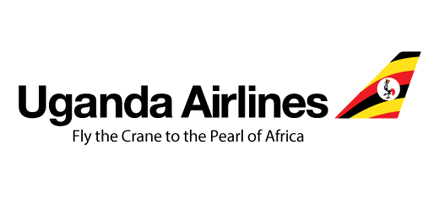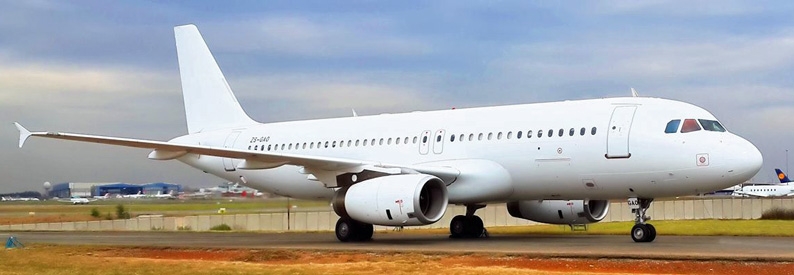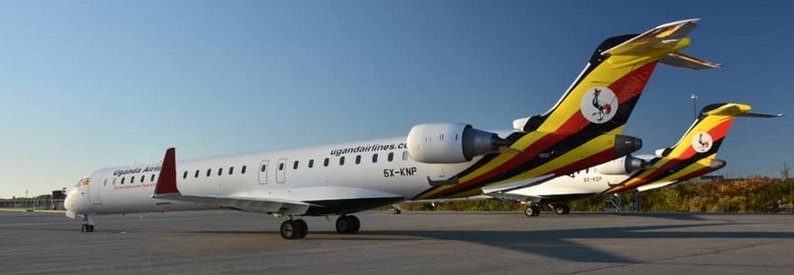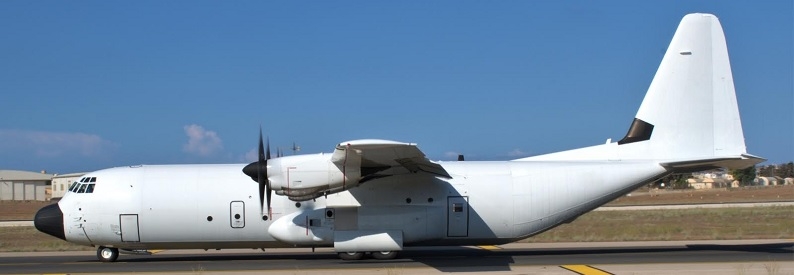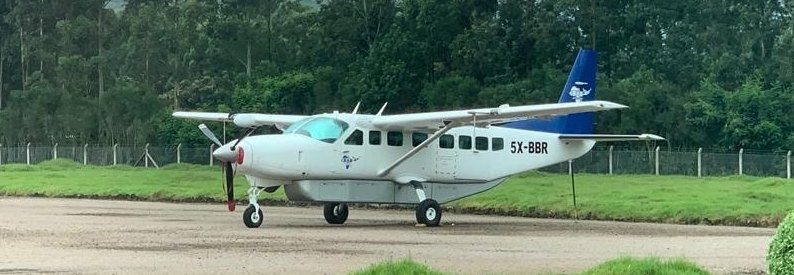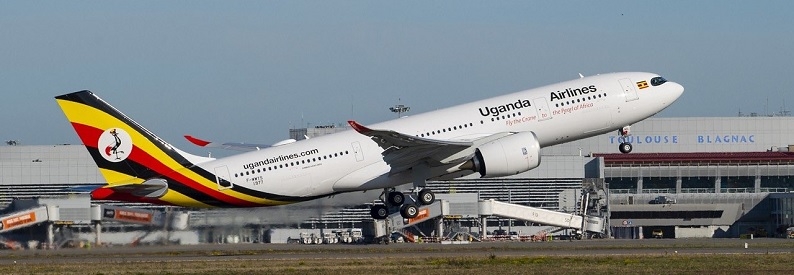Uganda Airlines (UR, Entebbe) is positioning itself to tap into the burgeoning local oil industry and is planning to invest in freighters and mid-range aircraft to bridge the gap between its regional and wide-body fleet, according to Chairwoman Priscilla Mirembe Serukka.
She said the airline would undertake a feasibility study that would inform its strategy of domestic operations, mainly to boost connectivity around cargo and tourism. It also planned to develop its international cargo operation to boost Uganda's agri-business, which already makes up 60% of the country's exports.
"The key investment in the new planning cycle is the fleet expansion to include a cargo freighter and a mid-range [aircraft type] to bridge the gap between the Bombardier Aerospace and the Airbus fleet," Serukka penned in an editorial in Uganda's Monitor newspaper.
The focus on Uganda's oil industry comes after the government, the China National Offshore Oil Corporation (CNOOC), and France's TotalEnergies signed an investment agreement to develop the country's oil and gas industry. More than USD10 billion will be invested to develop several upstream facilities and the East African Crude Oil Pipeline, which will run for 1,400km from landlocked Uganda to the port of Tanga in neighbouring Tanzania.
According to Serukka, the airline's in-house domestic fleet has grown from four to six CRJ900LRs. "The network expansion accelerated to 11 destinations by the end of 2021. With this, the currently under-utilised fleet will be able to reach its industry-standard optimum utilisation," she said.
The long-haul strategy is to operate direct flights from and to Entebbe. For this, the carrier has two in-house A330-800Ns, according to the ch-aviation fleets module.
Serukka said most of the UGX1.6 trillion Ugandan shillings (USD412.2 million) the government has invested in Uganda Airlines to date had been sunk into capex that includes the fleet, engineering spares, ground-handling equipment, and maintenance contracts for the fleet.
"To accelerate the airline's profitability, we will need strategic partnerships with other airlines primarily assisted by IATA members," she remarked.
Serukka acknowledged that the airline – set up by the Ugandan government in 2018 to be an enabler of business, investment, and tourism growth - has been "marred by controversies stemming from various aspects fuelled by systemic and legacy issues" over the past four years. However, she said that the new board pledged to turn around the company with sound governance, accountability, and transparency in all its operations.
She admitted the airline had a turbulent start, also slowed down by the pandemic. Still, this gave it time to restrategise and consolidate its operations.
She said the board would soon launch a five-year strategic plan that would focus on five areas:
- people, including filling all the senior management positions;
- operations, including improving faster turnaround time, on-time performance, and self-handling – the latter estimated to save 40% of operational costs at Entebbe Airport;
- quality passenger service;
- strategic partnerships and stakeholder engagements; and
- finance, investments, and sustainability.
